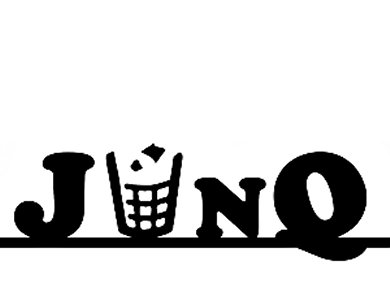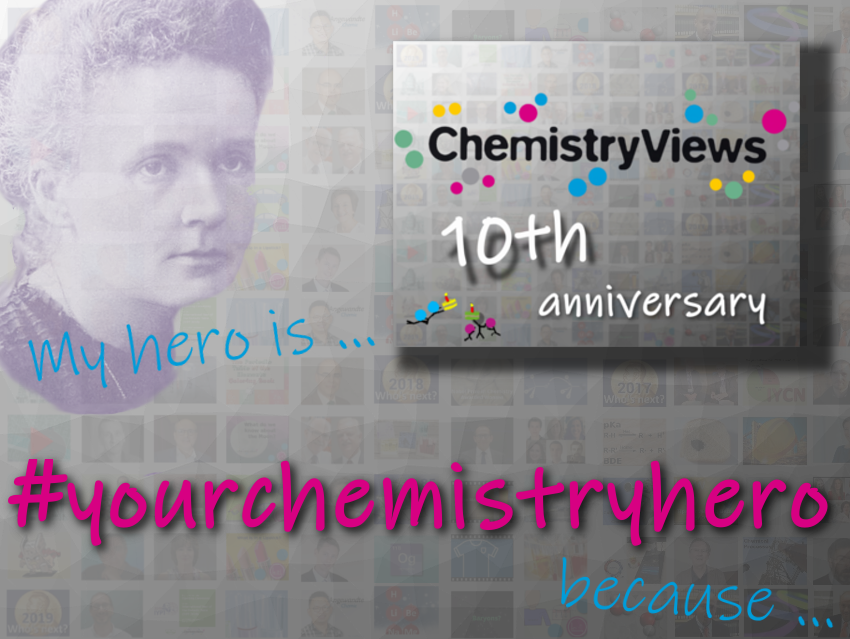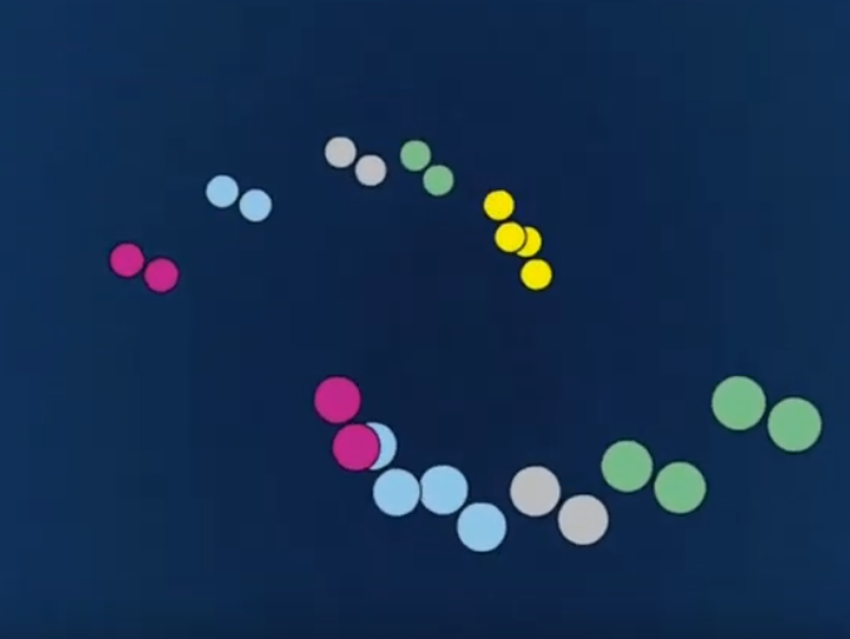Negative Results and the Journal of Unsolved Questions
.jpg)
Every scientist has experienced it at least once in her or his career: You do your research, you are trying to prove your hypothesis, but it is just not happening. But do you talk about it? Sure, you complain to your close colleagues and friends, but would you go to a conference to present your failure or sit down and write a paper about it? That would make you look unsuccessful and would not provide your colleagues with relevant information!
Well, actually some people would argue that this is not the case. Unsuccessful experiments have always been – and will continue to be – part of the scientific process. That is why we do experiments. We do not know what is going to happen. We might have a very good hunch, but we are not certain. So it is not surprising that a lot of experiments do not work the way we want them to.
But that does not mean that the data from these experiments is useless! It will help fellow scientists to avoid making the same mistake over and over again, saving valuable resources including time. More than that, not reporting negative outcomes distorts the scientific literature. This affects yields that cannot be reproduced [1] but also the effectiveness of drugs, which is overestimated if negative clinical trials are not published [2].
Furthermore, the feeling that only positive results can be published might encourage researchers to exaggerate their findings by leaving data unpublished that does not support their theory.
Fighting for Negative Results
The Journal of Unsolved Questions (JUnQ) has set out to fight this publication bias and encourage scientists to take their negative results out of the drawer and share them with the community.
 Founded in 2010 by Ph.D. students at the University of Mainz, Germany, the Journal has been covering a wide range of disciplines from science and the humanities. Articles from chemistry have, for example, been dealing with the oxidation of allylmelamines or smectic LC-elastomers with no shape change at the phase transition.
Founded in 2010 by Ph.D. students at the University of Mainz, Germany, the Journal has been covering a wide range of disciplines from science and the humanities. Articles from chemistry have, for example, been dealing with the oxidation of allylmelamines or smectic LC-elastomers with no shape change at the phase transition.
The journal also offers a platform for “Open Questions”, where scientists can openly communicate unsolved questions in their field, like: Is Calcite (10.4) a Chiral Surface?
Apart from the scientific articles, the journal also offers a journalistic part, looking at science from different perspectives. Topics have included “Honesty in Science”, “Science under Pressure”, as well as “Freedom of Science” in the latest Issue, where for example Dr. K.-D. Röker looks at “Chemistry and Freedom” from an historical perspective.
All articles and issues are available for free from www.junq.info.
Who Are These People?
Since 2010, the editorial board of JUnQ has steadily grown from two Ph.D. students to eight Ph.D. students, an undergrad in her last year, and a faculty advisor who meet once a month. At our meetings we discuss issues
Constant Change
Since JUnQ is a journal produced by Ph.D. students, change is a constant companion. Starting in the middle of 2012, the journal’s founders started to transfer responsibility to the next generation, so they can focus on their future careers as a postdoc and editor for Nature. While change is always a challenge, it also provides immense opportunities, and new, motivated Ph.D. students with different backgrounds and new ideas keep the journal fresh and interesting.
References
[1] M. Wernerova, T. Hudlicky, On the Practical Limits of Determining Isolated Product Yields and Ratios of Stereoisomers: Reflections, Analysis, and Redemption, Synlett 2010, 18, 2701–2707. DOI: 10.1055/s-0030-1259018
[2] B. Wieseler, N. McGauran, T. Kaiser, Finding studies on reboxetine: a tale of hide and seek, Brit. Medic. J. 2010, 341. DOI: 10.1136/bmj.c4942
If you like the idea of JUnQ you can support the journal by submitting your own null-results and open questions. If you are not sure how to get started, contact the editorial office at [email protected].
You can also join JUnQ e.V. (registered non-profit society) and receive the journal in its printed form.
If you are interested to join the editorial or advisory board you can contact the editorial office at [email protected].




